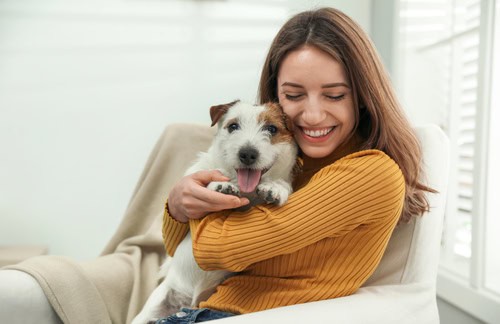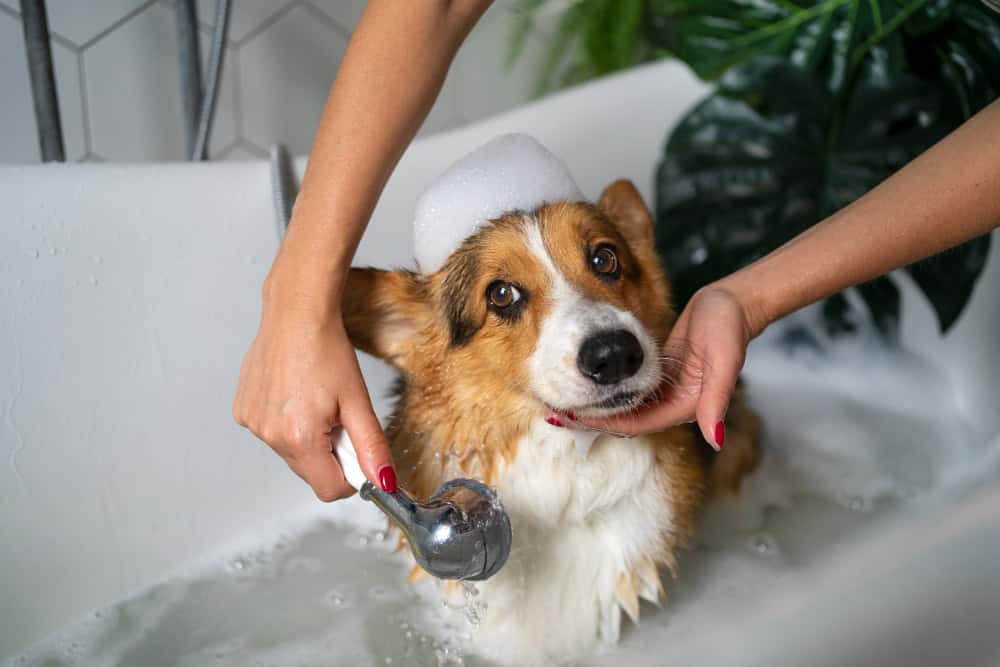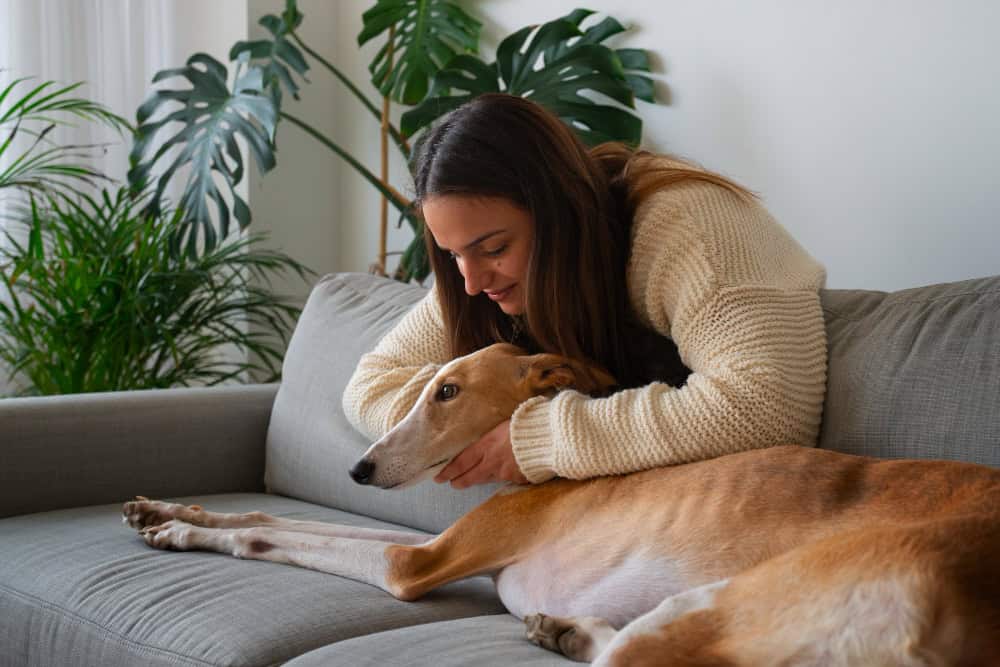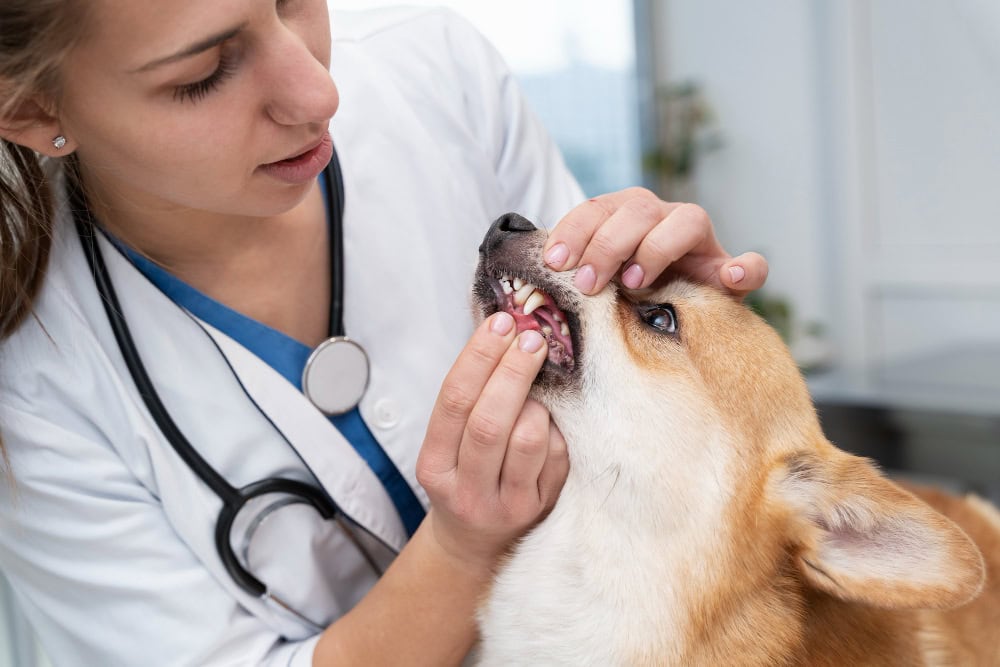
We love our pets, right? They’re our companions, our cuddle buddies, and sometimes, our therapists. We spoil them with treats, buy them toys, and often let them lounge around like furry royalty. But here’s the thing, sometimes, despite our best intentions, we’re actually doing more harm than good. Just like any relationship, taking care of pets requires a little self-awareness and a willingness to unlearn habits that might seem harmless, but are actually detrimental to their health and happiness.
Let’s take a light-hearted but eye-opening look at five everyday human habits that, unintentionally, might be harming your pet.
1. Overfeeding Because “They Look Sad”

We’ve all done it. That irresistible face, the sad eyes, the slight tilt of the head, or that desperate paw on your knee, makes you reach for an extra treat or double their portion at dinner. You tell yourself, “They deserve it. Just this once.”
However, here’s the truth: Pets don’t link food with affection the way we sometimes do. Feeding them too much doesn’t make them happier; it increases their risk of obesity, diabetes, joint issues, and heart disease.
Although an exact figure is not available, recent reports and research from organizations such as the Pet Obesity Research Group India (PORGI) and studies published by the National Institutes of Health (NIH) reveal that a large portion of pets in India suffer from obesity. One report estimates that nearly 35% of pet dogs in major Indian cities are overweight or obese. Both global and Indian studies indicate that pet obesity rates are rising, with some estimates suggesting that 30–40% of dogs and cats worldwide are overweight or obese.
Instead of giving extra treats, consider more playtime or gentle cuddles. Your pet will appreciate a healthier, longer life, and you’ll save on future vet bills.
2. Using Human Products on Pets

It feels logical, doesn’t it? After all, if you use that fancy shampoo or conditioner and it works wonders for your hair, it should be safe for your dog’s fur, right?
Wrong!
Pets have a totally different skin pH than humans. That lovely citrus-scented shampoo you swear by could irritate your dog’s skin, strip their natural oils, or cause allergic reactions. Worse, some essential oils and products contain ingredients toxic to pets.
Did you know? Tea tree oil, commonly used in human products, can cause poisoning in dogs and cats, leading to drooling, vomiting, and even tremors.
The safest bet? Use products specifically formulated for your pet’s species, and always consult your vet before trying new skin or hygiene products.
Paws up for healthy pets! Grab the essentials now
3. Letting Pets Sleep on Your Bed (Without Thought)

There’s something undeniably cozy about letting your cat curl up at your feet or your dog snuggle beside you. It feels natural. But here’s the problem: sleeping together can cause behavioral problems, health risks, and disrupt your pet’s natural sleep cycle.
First, not every pet feels comfortable sharing a bed. Some might develop separation anxiety or dominance issues, thinking they deserve priority in the household hierarchy.
Second, there are health considerations. Pets can bring dirt, fleas, or even allergens into your bed, especially if they go outdoors frequently. While not catastrophic, it can lead to skin irritation or respiratory issues for sensitive humans and pets, too.
Pro tip: Create a comfy, dedicated sleeping space for your pet. Add a plush bed near yours and encourage positive associations with that spot. You’ll both sleep better, and your relationship will stay healthy and respectful.
4. Feeding Them Table Scraps
We get it. That leftover steak, a sliver of cheese, or a small bite of dessert looks tempting to share. After all, you wouldn’t want them to feel left out, right?
Here’s where good intentions go astray. Many human foods are toxic to pets, onions, garlic, chocolate, grapes, and even some dairy products can cause severe health problems. In the short term, this might lead to upset stomachs or vomiting. In the long term, it can result in organ damage or serious illnesses.
A classic mistake: People think small bits of cooked bones are harmless, but these can splinter and cause choking or internal damage.
Instead of sharing your leftovers, stick to pet-safe treats designed for their digestive systems. Better yet, use special pet-approved recipes for homemade treats; your vet can help guide you here.
5. Ignoring Dental Care

Let’s be honest: How often do we think about our pets’ teeth? Probably not enough. While brushing our own teeth is part of the daily ritual, brushing a dog’s or cat’s teeth often feels like a chore, and many pet owners skip it altogether.
But ignoring dental health is a sneaky culprit behind major problems like periodontal disease, bad breath, tooth loss, and even heart or kidney disease in pets.
Shocking stat: By age three, 80% of dogs and 70% of cats show signs of dental disease.
Simple solutions include introducing daily brushing with pet-safe toothpaste or using dental chews and special diets that support oral health. Regular vet check-ups are essential, too. The healthier their mouth, the happier they’ll be.
Because they deserve the best! Shop pet care must-haves!
Wrapping It Up: Love Isn’t Always Enough
At the end of the day, loving our pets goes beyond belly rubs and treats. It’s about learning what makes them thrive, understanding that they’re not small humans, but creatures with their own unique needs. They depend on us to be informed, patient, and mindful.
It’s easy to fall into these habits because they’re convenient or emotionally satisfying. But by staying educated, practicing moderation, and showing love through thoughtful care, we’re ensuring our pets live long, healthy, and joyful lives.
Because they’re not just pets. They’re family.
FAQs
- Why does my pet look sad when I don’t give them a treat?
They’re seeking attention or play, not necessarily food. Instead of extra treats, try more playtime or cuddles. - Can I use human shampoo on my pet?
No, pets have different skin pH. Human shampoos can irritate or harm them. Always use pet-specific products. - Is it bad to let my pet sleep in my bed?
It can cause behavioral or hygiene issues. A comfy pet bed nearby keeps them close but healthy. - Can I share my food with my pet?
Some human foods are toxic (like chocolate, onions, and grapes). Stick to pet-safe treats or vet-approved recipes. - How important is pet dental care?
Very important. By age three, most pets show dental disease signs. Brush their teeth, offer dental chews, and schedule vet check-ups.
(The article is written by Mantasha, Executive, Clinical Health & Content, and reviewed by Monalisa Deka, Senior Health Content Editor)
